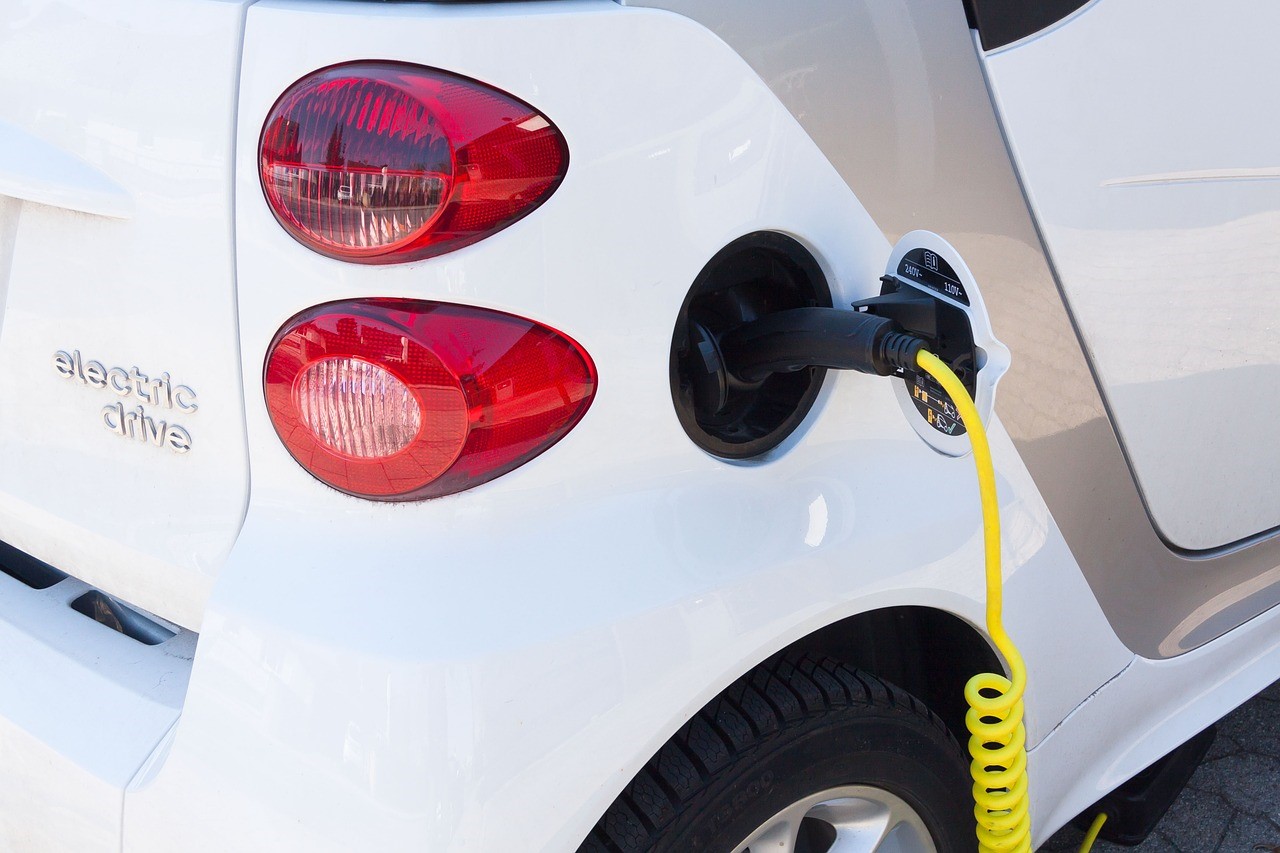Insurance
Insurance warning for buyers of eco-friendly cars

More motorists would prefer an eco-friendly car over a diesel vehicle, but buying insurance will cost them.
Over a quarter of drivers would choose to buy a hybrid or electric powered vehicle if they were buying a new car, a survey reveals.
A poll of 2,000 people found 27% would opt for an alternative fuel vehicle (AFV), while just 18% would pick a diesel car.
However, more than half – 55% – would go for a petrol car, according to the survey by GoCompare Car Insurance.
AFVs run on a fuel other than purely petrol or diesel, including electricity, gas or a combination of fuels such as gas bi-fuel and hybrid electric.
They are more eco-friendly than conventional petrol or diesel cars, and fuel costs can be cheaper.
But while sales of AFVs are climbing, insurers are failing to keep pace.
Figures show the sale of AFVs grew by 26.3% in January, but not all insurance companies offer cover for AFVs and, those that do have relatively little experience of insuring this type of vehicle, GoCompare said.
Insuring these cars is also more expensive because of their higher purchase price and the associated costs of specialist replacement parts and repairs.
Matt Oliver, car insurance expert at GoCompare, said: “At the moment, alternative fuel cars are pricier to buy than their petrol or diesel counterparts but, as demand increases, and more cars are made – prices will fall. This in turn will help drive down the cost of repairs and insurance for these cars.
“The market for alternative fuel cars is still in its infancy. So, compared with petrol and diesel cars there are fewer insurers to compare products from, so it is really important to shop around to compare cover levels as well as prices to make sure that you buy a policy that meets your needs.”
Top tips for buying AFV insurance
Oliver said it’s worth considering how many insurers will offer cover for a particular model before you purchase it.
“Insurance for AFVs tends to be slightly more expensive than for petrol or diesel counterparts, due in part to the higher cost of new AFVs than equivalent traditionally fuelled cars and the costs of repairs and parts, which aren’t as widely available,” he said.
“Another point for people to consider is insuring an electric car can be a little more complicated if the battery (one of the most expensive components) is leased.
“In this situation, drivers should check with their battery provider who is responsible for cover in the event of damage before getting an insurance quote.”
He added that insurers of electric cars will expect customers to take special care when charging their vehicle to prevent the charging cable from becoming a trip hazard.
“If it is necessary for the cable to run over a public pavement, then it’s essential to find a policy which provides liability cover,” he said.
Oliver’s advice is to get a range of insurance quotes to check both prices and the level of cover on offer.
“As sales of alternative fuel vehicles increase and insurers become more familiar with the new technologies then we should see a more competitive insurance market for these cars,” he said.